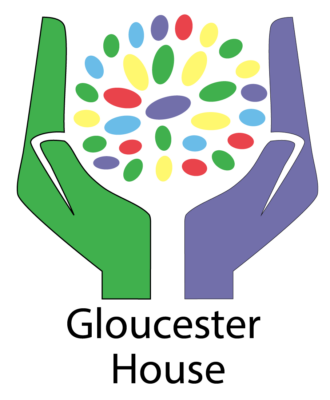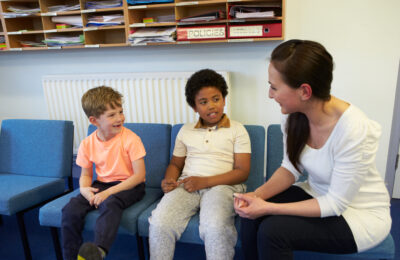
Identifying and supporting pupils with attachment difficulties in the classroom (CPD33C)
Explore how attachment styles present within school settings and the strategies that can be used to address them
What is attachment and how are different attachment styles displayed in the classroom?
The National Institute for Health and Care Excellence (NICE) state that young people currently or previously in the care system are at ‘risk of attachment difficulties’, and that education providers must ensure that staff are involved in planning and training that supports children with attachment.*
In this live, online course, experts from Gloucester House Outreach Service will introduce you to the different forms of attachment styles and how they might be displayed by young people in the classroom. You will consider a range of universal strategies and complete the course equipped with practical techniques that support containment, resilience and emotional regulation at school.
Aims and learning objectives
After completing this course, you will:
- have an awareness of different forms of attachment
- recognise how trauma and attachment are displayed in school
- understand the classroom strategies that can be used to support attachment
- feel confident in implementing direct programmes of intervention to support containment, resilience and emotional regulation in the classroom
Who is this course for?
This course is suitable for staff working directly with children and young people who have experienced early years trauma and/or attachment difficulties. You might be a SENCO, learning support assistant, teacher, mental health lead, school leader, care home worker, healthcare assistant or working within a relevant role in the education, local authority, social care or charity sector.
Course details
The course consists of a live, two-hour session hosted via Zoom. You’ll be joining a supportive group and learn about the latest educational and clinical best practice from a leading practitioner. The workshop lead will tailor content based on the needs of your cohort and there’ll be plenty of time to ask questions during the interactive session. You’ll leave the session with take-away resources and practical strategies that you can implement in your setting.
| Session | Date | Start time | End time |
|---|---|---|---|
| Session 1/1 | Wednesday 27 November 2024 | 3:00pm | 5:00pm |
You will need a device with a microphone and camera together with a suitably fast internet connection. Although mobile devices and tablets can be used, we recommend the use of laptop or desktop PC for the best experience. Some devices provided by employers may have restrictions in place. Please use this test link (https://zoom.us/test) to check your set up before booking.
You will be sent the necessary login link about a week before the course start date. Should you have any concerns about the accessibility of remote delivery please contact us at CPDEvents@tavi-port.ac.uk to discuss how we can best help you.
Through interactive discussion you will learn how to:
- identify key indicators of different attachment styles, the impact of trauma on attachment difficulties and the strategies that can be used to address this
- identify physical signs indicating the early stages of emotional dysregulation
- de-escalate a child’s stress response
- address unidentified SEN (co-morbid needs) that can help young people form more secure attachments
- develop emotional literacy and communication skills with young people experiencing attachment difficulties
- explore how to build and restore relationships with peers and staff to build more secure attachments
- use a range of techniques to support young people with attachment difficulties such as emotion coaching and PACE (playfulness, acceptance, curiosity, empathy)
You may also be interested in…

For further information about Gloucester House Outreach Service, find out more on their website.
Why study with us?
This course has been developed in partnership with Gloucester House Outreach Service (GHOR), an integrated team of clinical and educational specialists that forms part of the Tavistock and Portman NHS Foundation Trust. The service draws on its extensive combined experience in mental health and education to provide a holistic approach that addresses the most pressing needs and challenges facing the education sector today.
Course facilitators
Book your place today
You can book a place at any time. You’ll receive confirmation by email, and we will be in touch approximately one week before the course starts with detailed joining instructions.
* Children’s attachment (nice.org.uk), The National Institute for Health and Care Excellence, 2022
 CPD certificate
CPD certificate 




